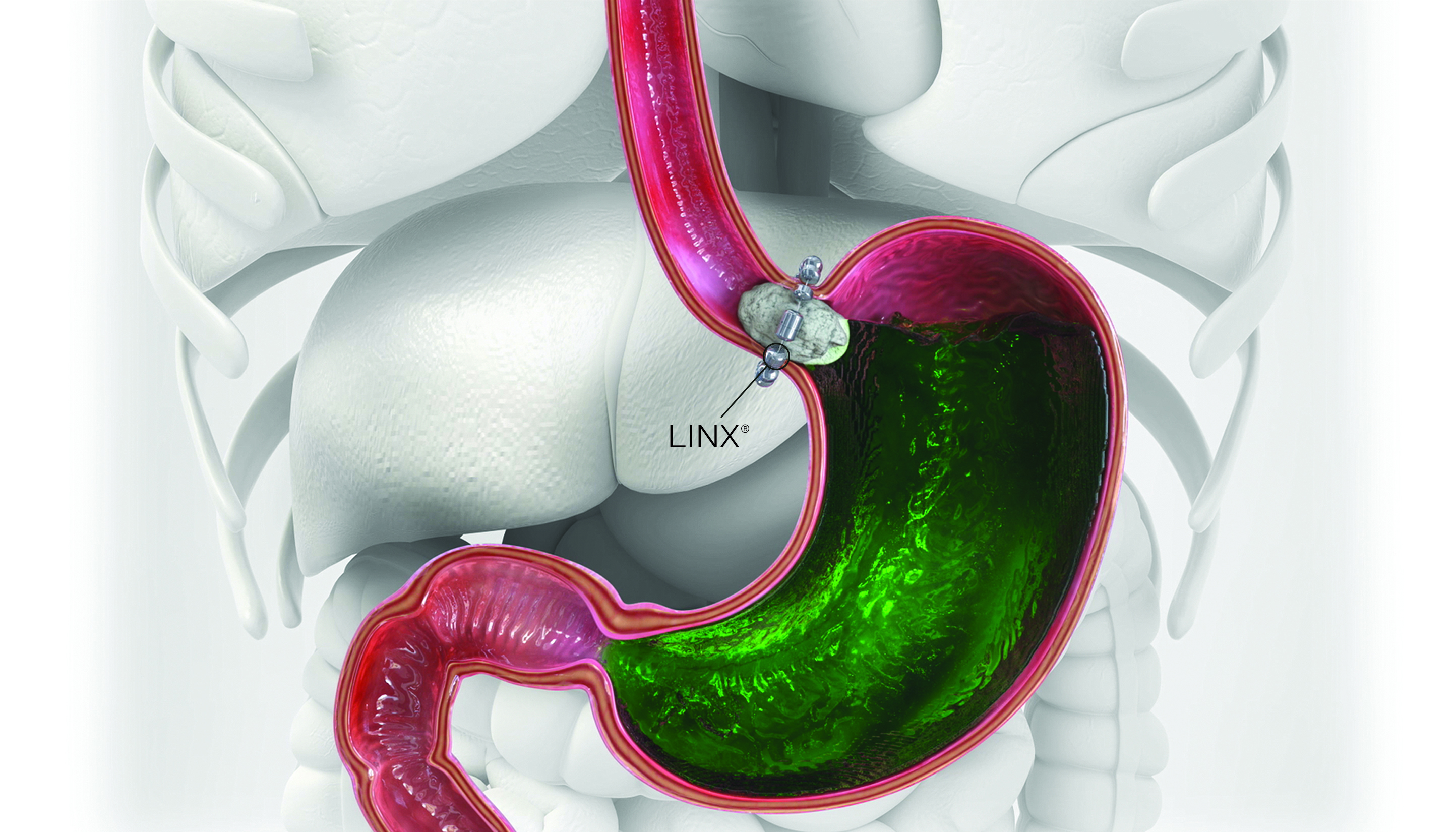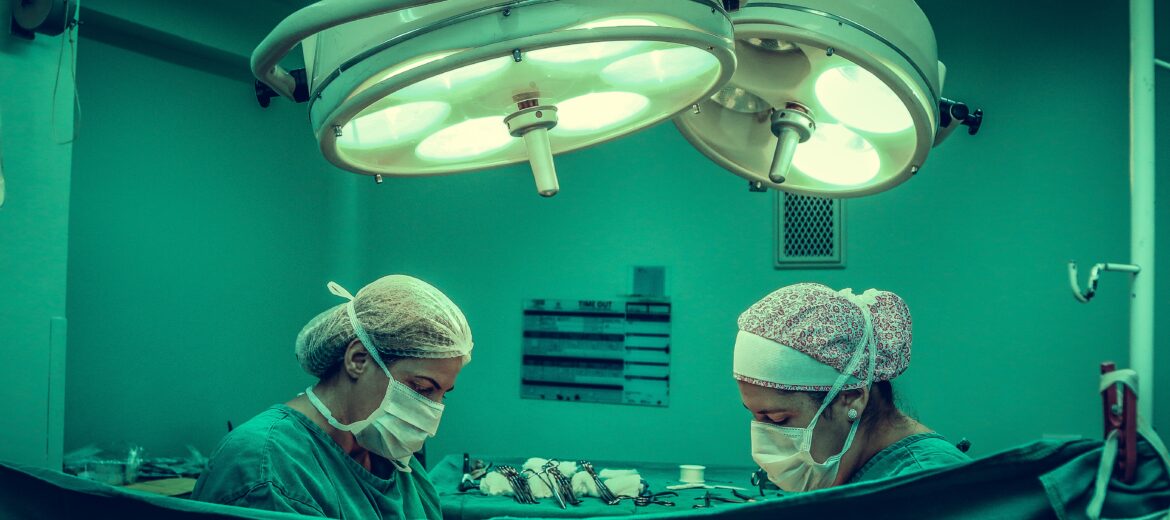Chronic severe acid reflux is known as GERD (gastroesophageal reflux disease). While some people can improve their symptoms with diet and lifestyle changes or prescription medications, some people require GERD surgery.
What is GERD Surgery?
When lifestyle change and medications fail to improve symptoms, surgery becomes an option. During surgery, the valve at the bottom of the esophagus is either repaired or replaced.
This valve, the lower esophageal sphincter, keeps acid from moving backward from the stomach. A damaged or weak LES is what causes GERD. If it is left untreated, GERD can develop into Barrett’s esophagus. This condition is known to increase the risk of esophageal cancer.
Considering GERD Surgery
If you are having serious complications, your doctor may suggest surgery. GERD can cause inflammation I the esophagus, bleeding, ulcers, and scar tissue that can constrict the esophagus and make it difficult to swallow.
While surgery is an option, it is normally a last resort. First, your doctor will try to manage your symptoms with lifestyle changes and diet. Most people find relief from this.
If not, your doctor will try medication to control your symptoms. If that fails, your doctor will discuss your options for surgery. There are several surgical options and your doctor can discuss these with you.
Benefits and Risks of GERD Surgery
The benefits of the surgery are straightforward. Surgery can prevent the sever complications that arise from GERD. It can also help you avoid a lifetime of long-term medication to treat your symptoms.
As with any surgery, there are risks. Recovery time varies based on the type of surgery, but some require around 6 weeks of rest. Another thing to consider is the cost. Depending on your insurance coverage, some surgery options may be expensive.
[Related: Top Bariatric Surgeon Maryland]
Fundoplication
The standard surgical treatment for GERD is Fundoplication, often called a Nissen Fundoplication. It generally has good rates of long-term success. This procedure tightens and reinforces the LES.
In the procedure, the upper portion of the stomach is wrapped around the outside of the lower esophagus to strengthen the sphincter.
This can be performed as an option surgery (during which the surgeon makes a long incision in the stomach) or laparoscopically (small incisions are made to accommodate miniaturized instruments. Laparoscopic surgery is less invasive than open surgery.
Preparing for the surgery would include a liquid diet for 1-2 days before surgery, no food on the day of surgery, and a medication to cleanse the bowels the day before the surgery. Your doctor will provide you with specific instructions.
Linx Surgery
This surgery is relatively new but has shown great results. It is minimally invasive and has a much shorter recovery time than traditional surgery. Many patients also report less pain with this type of surgery. 
During the surgery, a special device called a Linx is wrapped around the LES to strengthen the sphincter. A Linx is a ring of tiny magnetic titanium beads.
They move together to support the sphincter and keep the opening between the stomach and esophagus closed, while still allowing food to pass through normally.
GERD Surgery in Maryland
If you are struggling with GERD and have not benefited from diet changes or medication, it may be time to consider surgery. If you are interested in learning more about the options for GERD surgery and how they could benefit you, contact Maryland Bariatrics today!





